The dollar rose on Friday after US payrolls data showed moderately healthy job growth, but did not make the case for a near-term change in interest rates. The greenback got an added boost against the euro after Market News International cited "well-informed sources" saying the European Central Bank may raise rates just one more time.
"Suggestions of a less hawkish ECB have taken some of the shine off the euro, and the details of the jobs report were quite positive for the US economy," said Bank of New York currency strategist Michael Woolfolk.
Late afternoon, the euro remained below the psychologically important $1.3000 level, trading down 0.4 percent at $1.2965, not far from where it began the week. Earlier, it hit a session peak at $1.3064, according to Reuters data, but then swiftly turned around. The dollar was up 0.25 percent at 121.04 yen, below the four-year highs of 122.19 yen struck earlier this week. Though the US economy added fewer jobs than expected in January, sharp upward revisions to the government's estimates of November and December employment growth painted a rosier picture of US economic strength.
"But does this data increase the likelihood the Fed will cut? No Does it say that they might hike? Well, not that either, but we're going to have to see more data before we could move towards a hike," said Meg Browne, senior currency strategist with Brown Brothers Harriman in New York.
Still, the greenback's rally after the jobs report "gives reason to believe there may be further dollar strength yet to come next week," Woolfolk said. Strategists said uncertainty about where the ECB may take interest rates this year was weighing on the euro. Against sterling, the euro dropped 0.4 percent to 0.6589 pence, while it was 0.2 percent weaker at 156.91 yen.
"Markets were expecting the ECB to take rates to 4 percent before pausing, and now it looks like they're pulling that forward to 3.75 percent," said Paresh Upadhyaya, currency analyst at Putnam Investments in Boston. The ECB has delivered six quarter percentage point hikes since late 2005, pushing its refinancing rate to 3.5 percent. Benchmark US and UK interest rates stand at 5.25 percent.
With a fairly light US data calendar next week, the market is likely to focus on the February 9-10 Group of Seven developed countries meeting. European officials have sought to make the yen's troubles - it's fallen 16 percent in the past three years to a record low against the euro - a topic of discussion.
But US and Japanese officials have played down the focus on the yen, with US Treasury Secretary Henry Paulson saying on Thursday he was satisfied the yen's value was set by markets and that he was looking at the yen more carefully "only because of the publicity coming out of Europe."
But investors "are likely to tread cautiously" ahead of the meeting, said Brian Dolan, head of FX research at Forex.com in Bedminster, New Jersey. "A further unwinding of carry trades is likely to keep a lid on additional gains in the yen crosses." Japanese interest rates at just 0.25 percent have given investors the green light to borrow yen for funds to buy higher-yielding currencies in the carry trade. Japanese investors too have sought returns elsewhere, leading to a large outflow of cash from the country.
BR100
15,059
No Change
0 (0%)
BR30
42,931
No Change
0 (0%)
KSE100
149,174
Increased By
358.6 (0.24%)
KSE30
45,330
Increased By
123.8 (0.27%)


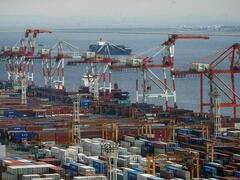



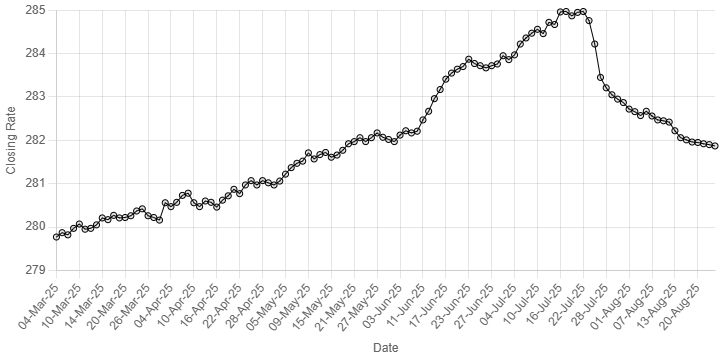
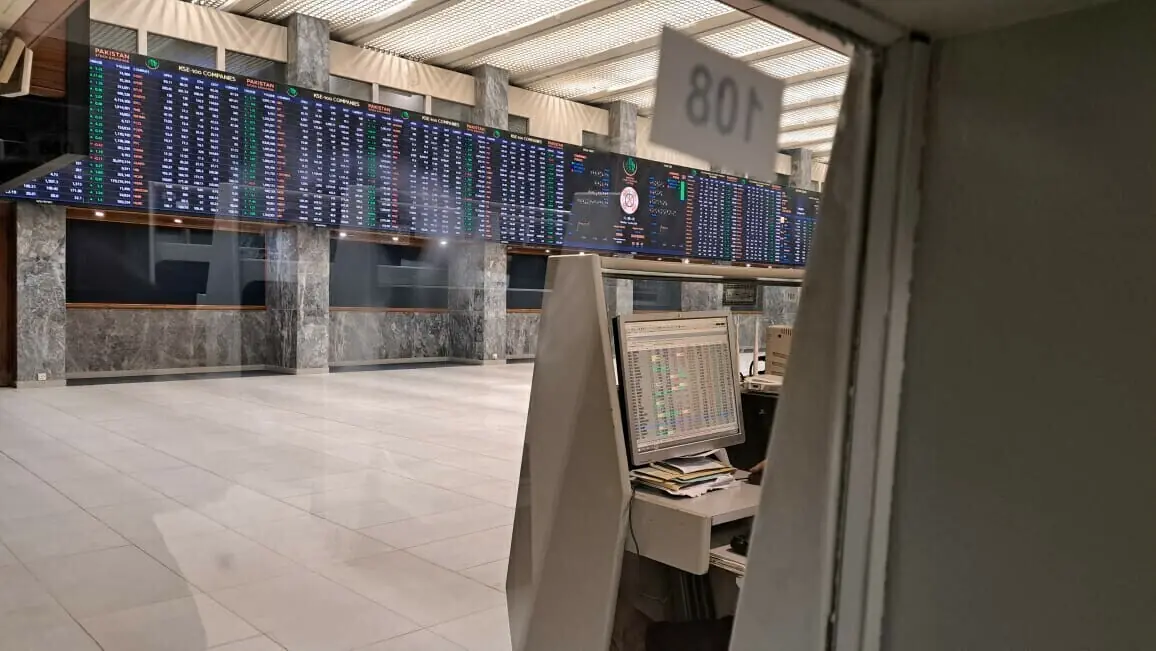

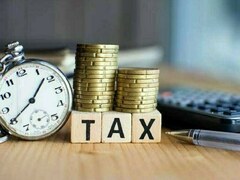




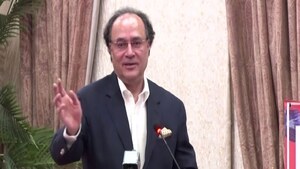
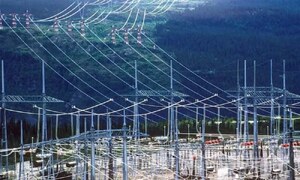

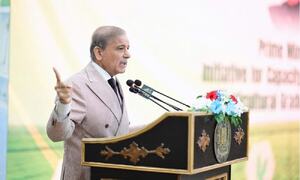
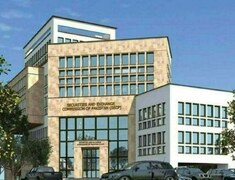
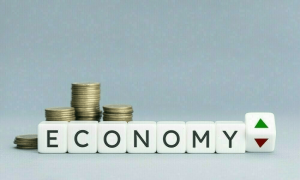
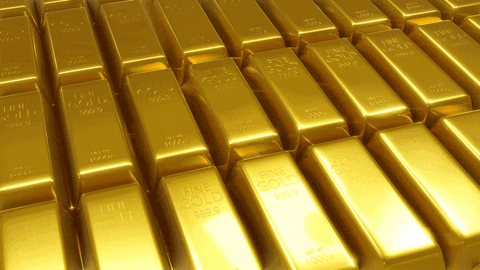
Comments
Comments are closed.